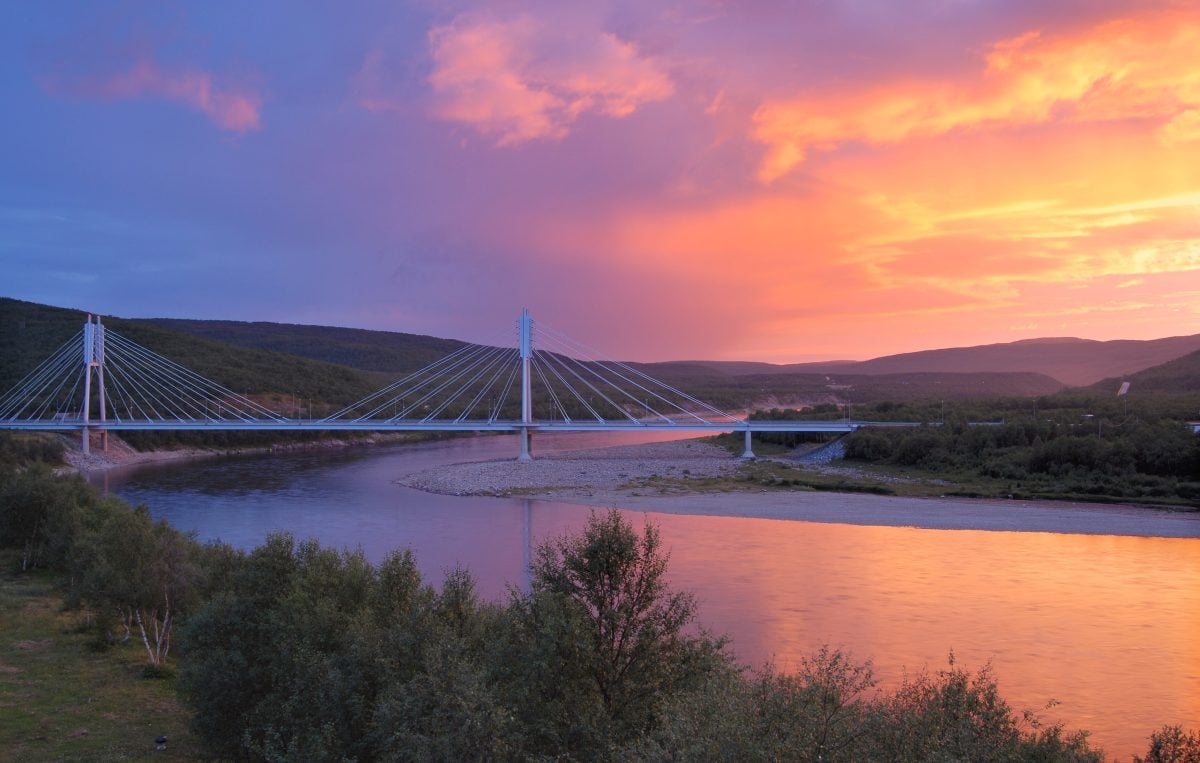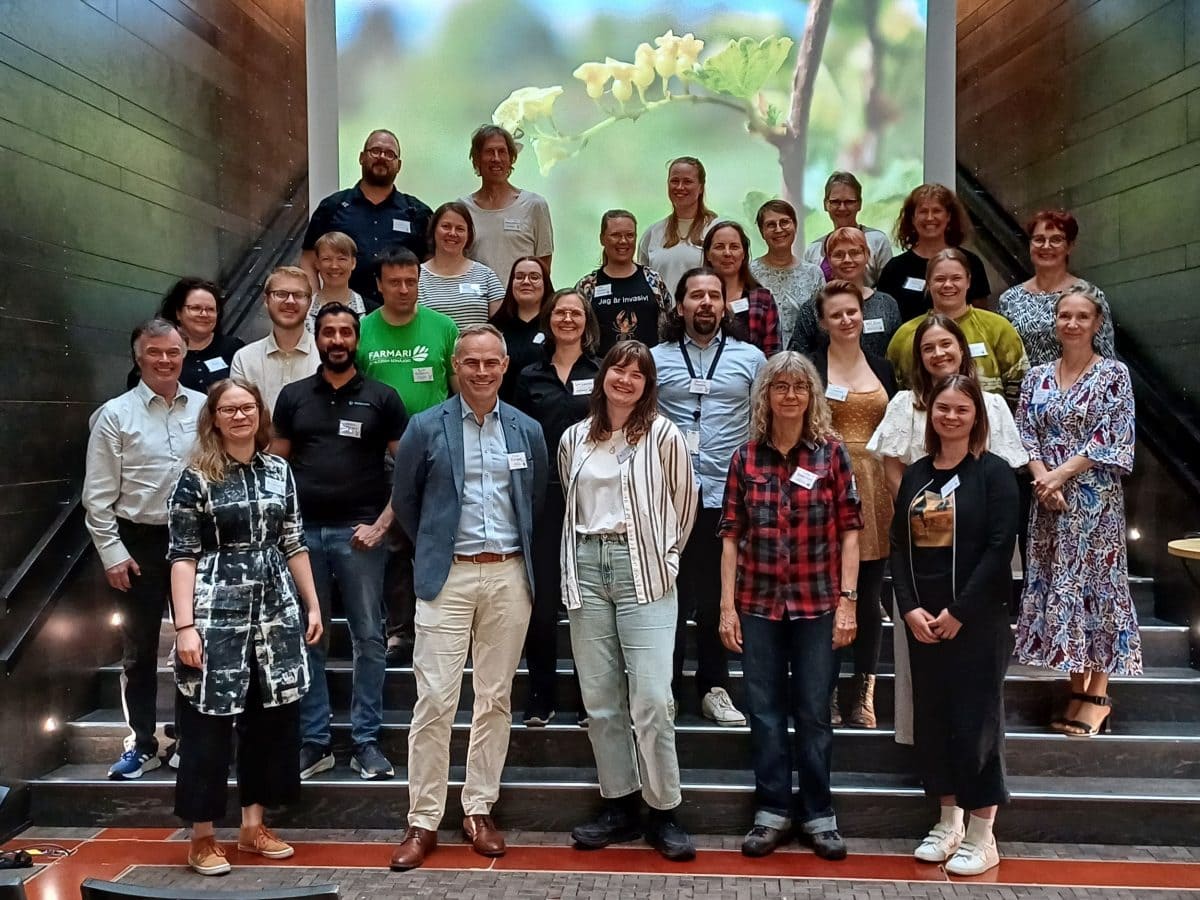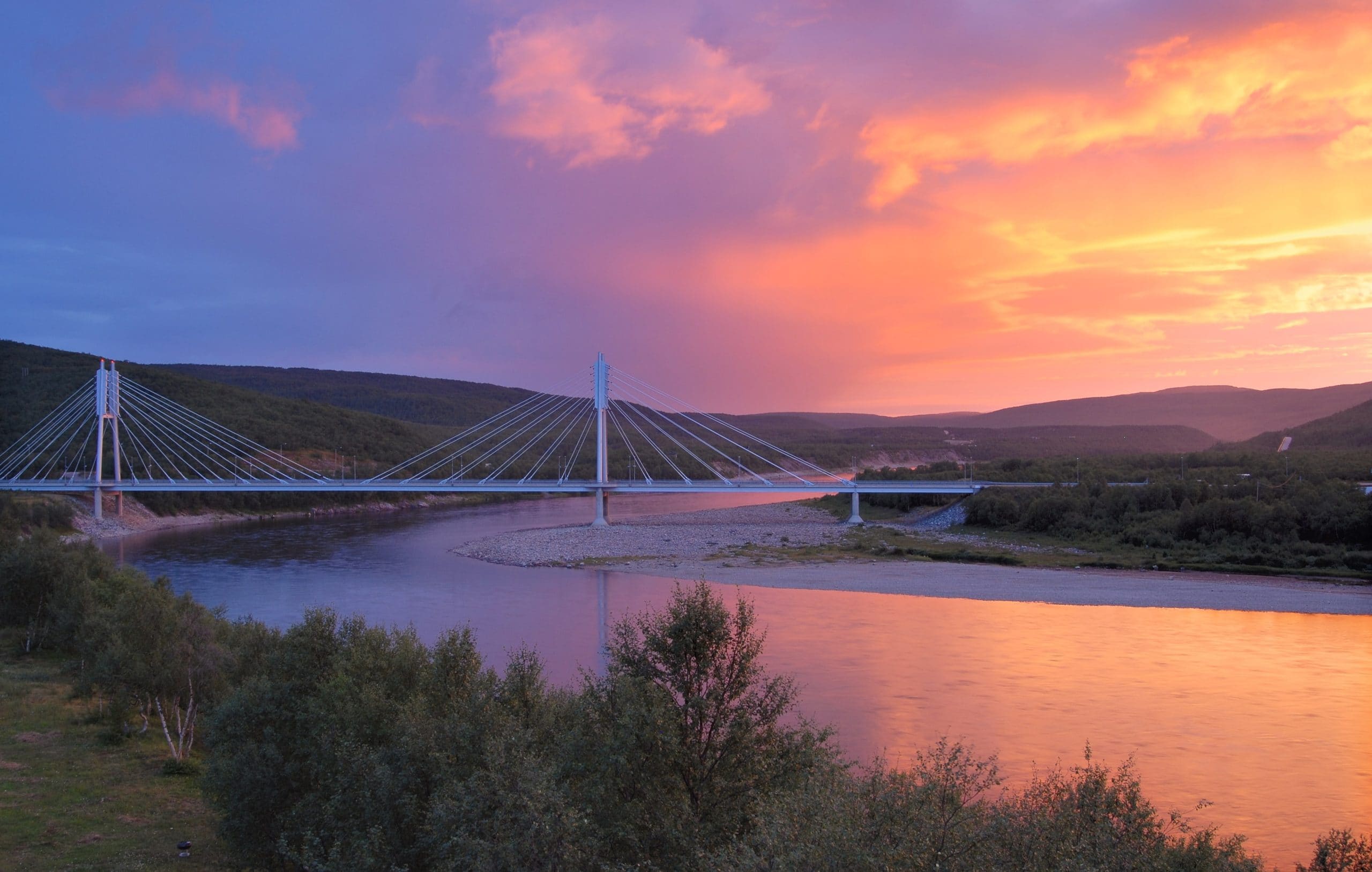
The project has enhanced cross-border cooperation, produced IAS material that is usable also after the project and provided important information on the effectivity of pink salmon fishing methods. At the end of the year, a report on the development and results of pink salmon fishing methods was published (in Finnish). It will be translated to Norwegian during January 2024.
One of the most valuable results of the project has been the establishment of a cooperation network between Finnish, Swedish and Norwegian IAS experts. Although our project is coming to an end, we aim to continue working with the newly established network. We have set up a LinkedIn group for Nordic IAS experts, which anyone working on IAS issues can join. Join the group here!

When the project is finished, it is good to try to see what was done, what worked well and what could have been done differently. We aim for projects that work even better! The Rural Women’s Advisory Organisation has produced an easy-to-understand report that summarizes the successes and tips on what to consider when working with other stakeholders.
In the future, IAS as a societal issue is likely to grow. New projects and more long-term work are needed, as we do not fight IAS alone, but together. The materials produced by the Barents IAS project will remain in the materials section on the project website until the end of 2026, where they can be freely utilized. There you will also find reports, such as a summary compiled by the Women’s Rural Advisory Organisation on how IAS issues are handled in Finland, Sweden, and Norway.
The work with invasive alien species continues!
